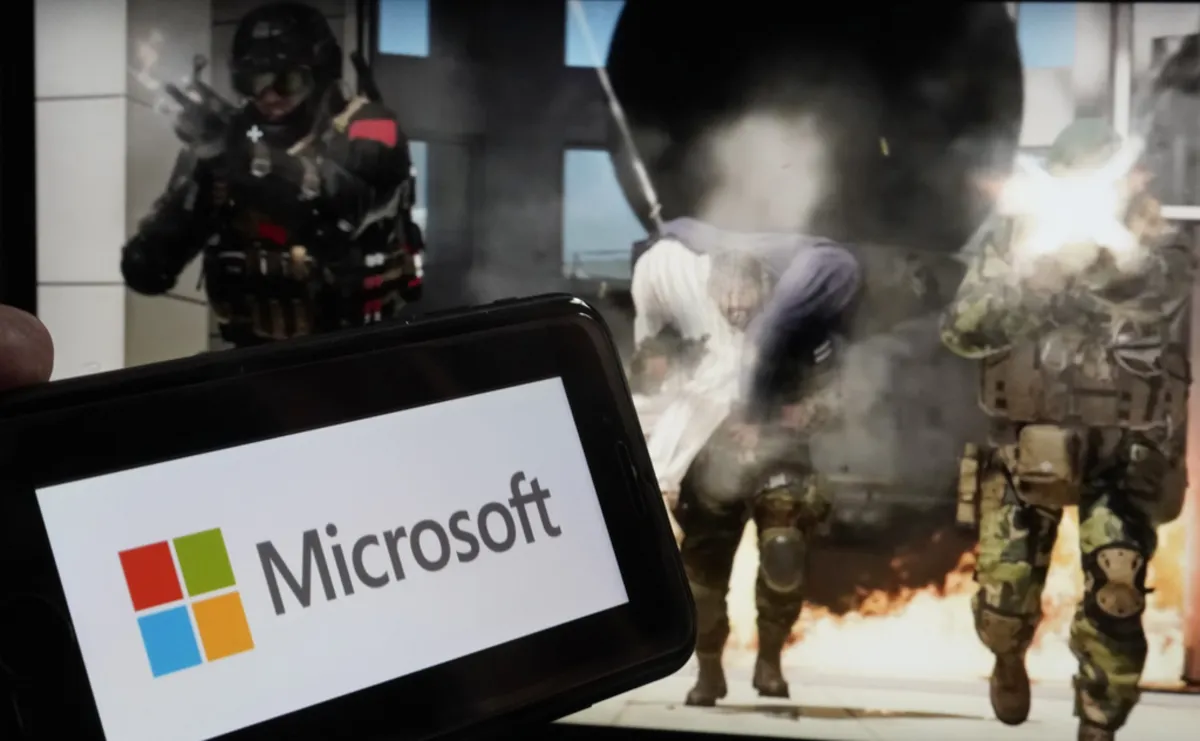
Raven Software, located in Middleton, Wisconsin, is among the latest studios affected by significant layoffs within the video game industry. This wave of job cuts follows Microsoft's decision to lay off hundreds of employees across its gaming division, with over 9,000 employees let go company-wide on July 2, 2023. A leaked email from Phil Spencer, CEO of Microsoft Gaming, confirmed that hundreds of layoffs specifically targeted the gaming division. In the email, Spencer highlighted the company's achievements, noting that Microsoft had, “more players, games, and gaming hours than ever before.” Despite these claims, Microsoft did not respond to requests for comment from Wisconsin Public Radio (WPR).
In addition to the layoffs, Microsoft has also canceled several long-term video game projects within its gaming division. Founded in 1990, Raven Software has primarily been known for its work on the Call of Duty franchise since being acquired by Activision in 1997. Activision itself was purchased by Microsoft in a monumental $69 billion deal that included major developers such as Blizzard Entertainment and King, which was finalized in 2023. According to Bloomberg's Jason Schreier, who first reported on the layoffs, fewer than 20 staff members were laid off at Raven Software. He expressed concerns over the reasons for the cuts, noting that the recent Call of Duty title was breaking records and that a new installment is set to release this fall.
The recent layoffs at Microsoft, particularly within its gaming division, are part of a broader trend of mass layoffs that have plagued the video game industry in recent years. Microsoft’s Xbox division alone has experienced four rounds of layoffs since January 2023. These cuts included 1,900 employees from Activision Blizzard and Xbox in January 2024 and an additional 650 layoffs last September, according to reports by The Verge.
Schreier pointed out that these layoffs stem from a combination of factors, including the desire for quicker returns on investments after Microsoft’s significant acquisitions and a stagnation in growth within the gaming sector. He stated, “The introduction of artificial intelligence as a core part of Microsoft’s future business model has also contributed to restructuring and cost-cutting in other business areas.” In total, the gaming industry has seen more than 22,000 job losses from 2022 through March 2024, according to estimates from the journal Games: Research and Practice.
Schreier further noted that the current job market in the gaming industry is challenging, with many junior positions being filled by experienced professionals. This has made it increasingly difficult for newcomers to secure entry-level roles. “It’s really grim,” he remarked, highlighting the ongoing challenges faced by those trying to break into the industry.
Despite the turmoil within the video game industry, there are signs of potential growth and opportunity in Wisconsin. Ben Kvalo, CEO of Midwest Games, a video game publisher based in Green Bay, believes that the state has the potential to become a hub for video game development. Kvalo established his company after identifying a gap in the market for game publishers in the Midwest. He emphasized the advantages of operating in Wisconsin, citing lower costs compared to California, Washington, and Texas, where 62 percent of the industry currently resides.
“If we can create pathways back, we can foster a burgeoning video game development industry right here in Wisconsin,” Kvalo stated. He is also the president of the Wisconsin Games Alliance, an organization dedicated to promoting video game development within the state. The alliance aims to enhance networking opportunities and raise awareness of the existing game development scene in Wisconsin. Kvalo noted the importance of collaboration, drawing parallels to the successful networking that has taken place in places like San Francisco and Los Angeles.
Kvalo recently testified before the Wisconsin Assembly in support of bill AB 204, which proposes a tax credit for video game producers equal to 30 percent of wages paid to Wisconsin employees. He believes this tax incentive could attract companies from Texas, California, and Washington to relocate or expand operations in Wisconsin. “If this tax incentive goes through, we will become a mega-hub globally for video games,” Kvalo asserted, highlighting the unique opportunity that post-COVID dynamics present for the state’s gaming industry.
As the video game industry grapples with significant changes and challenges, the potential for growth and development in regions like Wisconsin remains promising. With strategic support and investment, the state could carve out a notable position in the future of gaming.